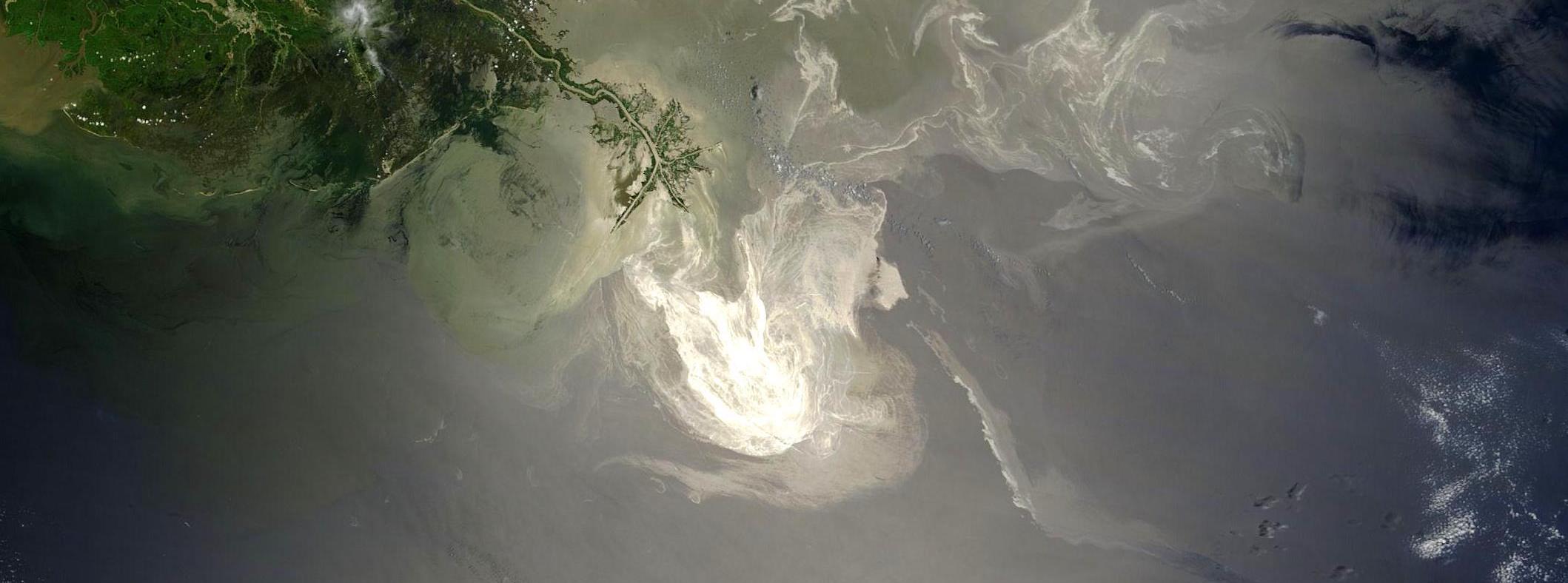
Expanding oil and gas exploration activities has led to a growing concern regarding oil spill preparedness and response. Following a number of high-profile incidents leading to major spills from offshore installations, the oil industry recognized the need to enhance the focus on already-existing offshore oil spill prevention and preparedness efforts (IPIECA-IOGP, 2013). During years, operational and planning tools based on numerical models have been developed and successfully applied to prepare for and respond to major spills resulting primarily from ship-source incidents. However, more effort is required to develop similar tools to manage oil spills (sudden oil spills or blowouts) at offshore facilities.
Up to date, most of the advances in this topic have been focused on the development of accurate numerical models to simulate the oil spill behaviour both in the near-field and the far-field. However, there is a lack of methodologies to assess the hazard of deep oil spills, showing a clear gap in the water column. For this reason, within this proposal we will research and develop methodologies for hazard assessment of oil spills due to deep blowouts, deep and/or surface oil spills coming from activity originated in offshore facilities.
The proposed methodologies could get integrated in oil spill risk assessment systems, which imply an innovation and improvement of the planning and prevention to face pollution produced by oil coming from offshore facilities activities.



